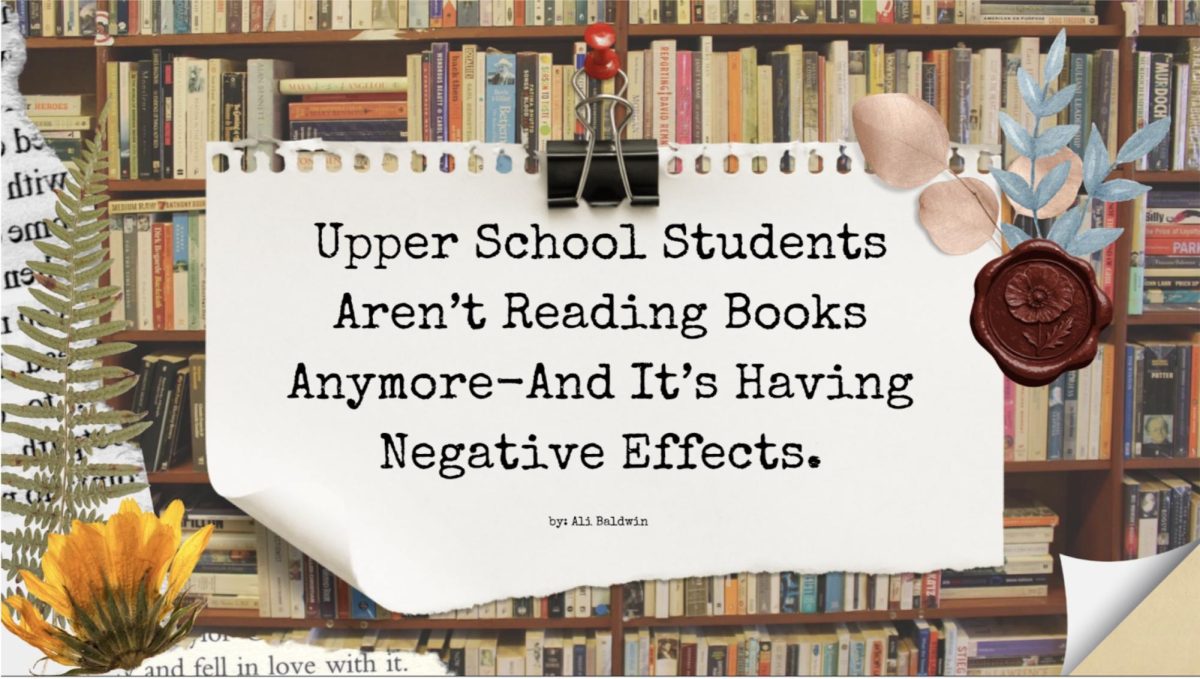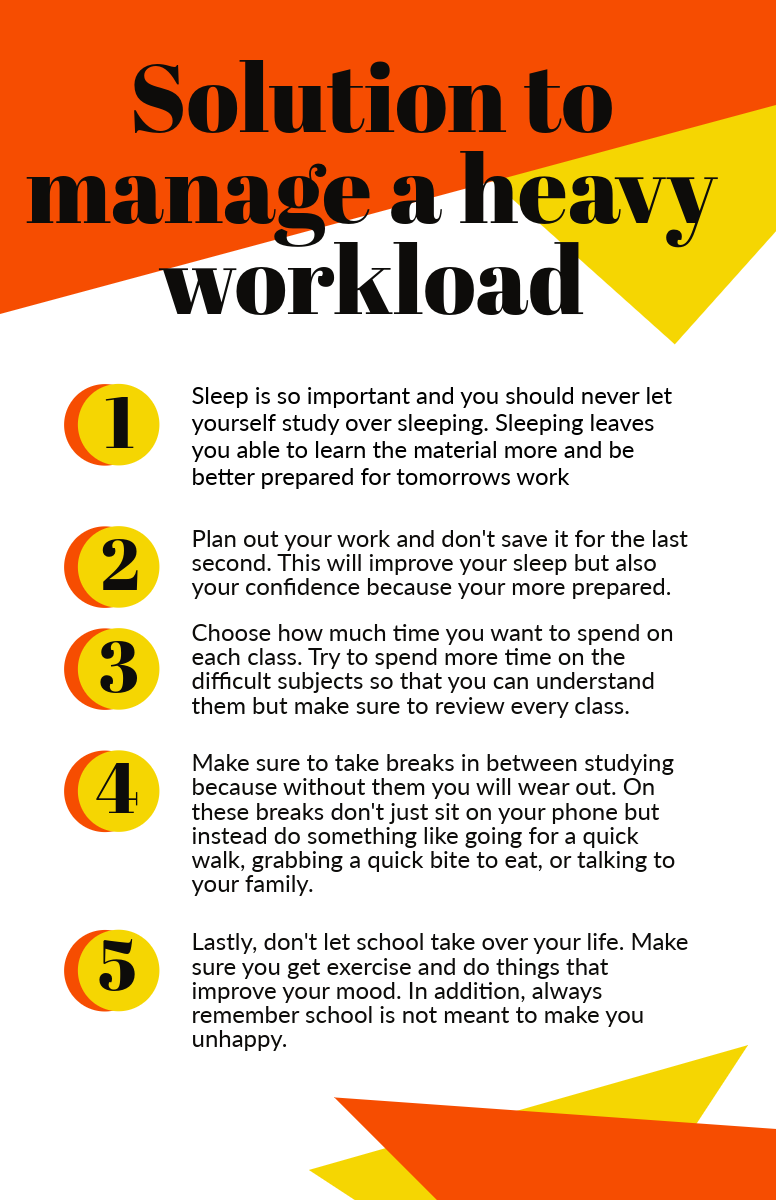Why should someone pay up to $200/hr for ACT/SAT tutoring only to score low when the test comes? Tutoring rates for standardized testing are incredibly high, but what is the true impact of them? Tutoring is something people lean on when they need extra help or when they want to learn the material for these tests. It is known that tutoring can help people gain knowledge and increase efficiency while taking tests. However, is it really worth it to pay a fortune for tutoring if it doesn’t even end up working?
According to an Ivy Coach article, professional tutoring has been the proven method that works best for improving standardized test scores. The Regional Educational Laboratory Program, a subsidiary of the U.S. Department of Education, states that one-on-one tutoring is the most effective form of tutoring. The data bears this out, but so does common sense.
Many students at Hackley take the SAT or ACT, and in order to earn the score they desire, they get outside-of-school tutoring. They say that when students are self-studying, roadblocks happen often when an online system doesn’t work or they’re confused with no one to personally explain. Of course, it also takes a certain amount of motivation to go with it.
Ms. Pile, the learning specialist at Hackley, worked for a tutoring company and then worked for herself. S he said, “The rates around here are $200-$300 an hour, but I know some places that charge $500 plus, and some people charge $1,500 per hour.”
When asked thought most of the students tutoring with her came from a wealthy background she said, “100%, for some of the programs I worked for, they had a great pro bono program, where the same tutors would tutor people for a massively reduced price or for free which is important because usually the kind of tutoring that is offered for free isn’t at the level of expensive tutors.” In relation to self-study, she said, “It does take more resources, but you can get into a groove.”
When asked if overall she thought that tutoring was worth the overall outcome of the score, she said, “Almost every student is guaranteed to raise their points on the test if they get tutoring.” She knows that for some people, it’s a no-brainer if it’s accessible, but the success of self-studying depends on how driven that student is.
When asked about her tutoring experience and how the outcome of her score was, senior student Fran Clifford said, “I had tutoring, but my scores didn’t increase a ton,” and that “Having ACT work to do on top of school was basically like taking a whole other class.” Regarding the cost, she said, “Although tutoring is expensive, I think it’s worth it because having a plan to follow and exact strategies that are catered to your needs is really helpful.”
Overall, the difference between scores of standardized tests from people who tutor to people who self study depends on the student. Tutoring can be incredibly helpful when it comes to increasing your scores and having a direct plan, but it can also be less engaging or one-sided. Whereas with self-studying, the student is always engaged, but the downside is that the student must be driven and willing to research to find answers to tests and the recourses they need to study.










